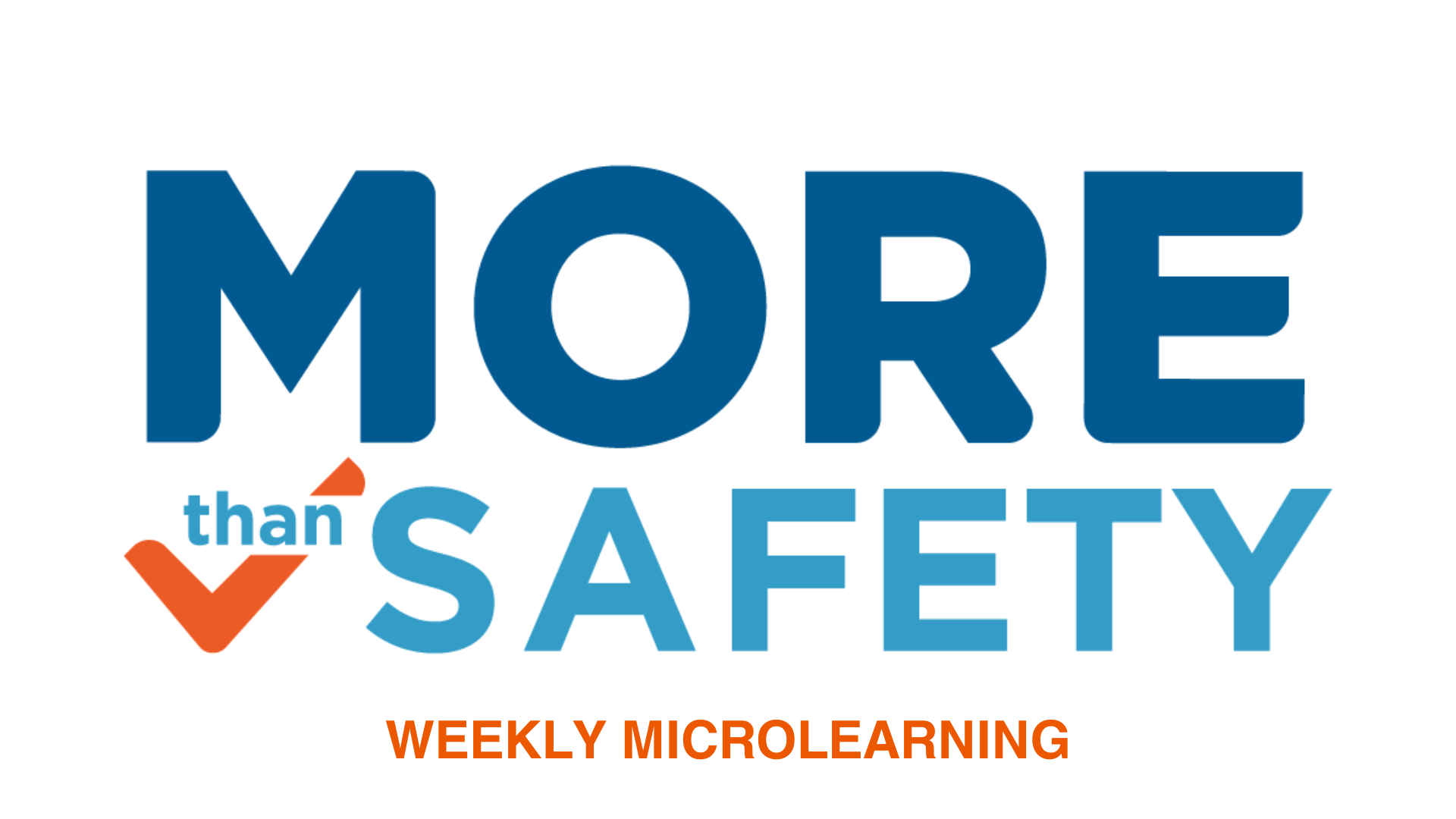Research update on caring contacts

A research paper has been published that examines the effects of non-demand caring contacts, a small intervention that can have an impact. This new study is important because it was a meta-analysis–a study of effects across multiple studies. These studies are usually seen as more ‘definitive’ than any one study by itself.
Non-demand caring contacts are brief messages expressing concern for a person after a hospital stay or other episode of care ends. They can be sent via paper, e-mail or text. These messages convey empathy and care, but there is no expectation of a reply or required action on the part of the recipient.
Findings:
- The study found a protective effect caring contacts reducing suicide attempts for 1 year post-presentation.
- Effects of caring contacts alone on suicide deaths and on emergency department/acute visits were not consistent enough across studies to show an effect in this meta-analysis.
Here’s our take: This study provides evidence of a positive impact on suicide attempts, with no indication of harm related to any outcome or target group. When we have the potential to help people, we should, and the significance of human connection in a simple gesture cannot be underestimated. While the meta-analysis did not show a consistent effect on suicide deaths or acute visits, and the grading system the authors used considered methodologies weak, caring contacts are low burden for recipients and can be an impactful extension of care.
So we continue to recommend that individual service providers and organisations consider adopting this intervention, along with the caveat that their effectiveness has not been consistently replicated across all hoped-for outcomes.
Bottom line: The favourable outcomes of this low-burden outreach program suggest that healthcare systems should at least consider its implementation and focus on developing a feasible system-wide deployment strategy.
